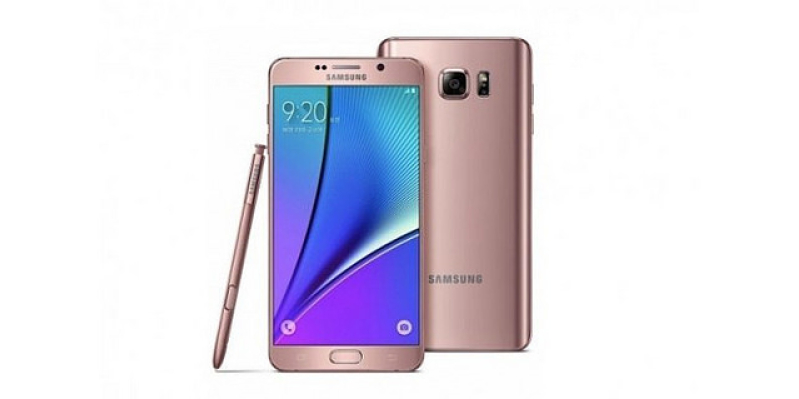
The Samsung Galaxy S8 is upon us thanks to this morning’s Samsung Unpacked 2017 event, but what about the previous flagship that made all of the wrong headlines last year? We are talking about the Samsung Galaxy Note 7, where Samsung announced that it is mulling over the idea of refurbishing some of the recalled devices in order to sell them on the secondary market as a pre-loved device, or to use them as rental handsets.
If this idea were to go through, it would not see much headway at all. After all, no one would like to use or rent a smartphone that has been banned on all commercial flights (what is the point of getting a smartphone that cannot travel with you wherever you go?). The more pressing question would be, “Why take the risk of a smartphone that can spontaneously combust while it is in my pocket?”
At least one analyst had the guts to call this plan as it is, labelling it as "disastrous," while another analyst has mentioned that Samsung could be looking to perform a "balancing act" after the Galaxy Note 7 fallout that sparked plenty of furore in 2016 with a far ranging number of these handsets overheating and burst into flames.
Samsung mentioned in a statement earlier this week that they might salvage some detachable components from the Galaxy Note 7’s innards for future use. It also makes sense to extract precious metals such as gold and silver, in addition to the likes of copper and nickel from the recalled Galaxy Note 7s via environmentally friendly methods as part of its recycling efforts.
With more than 4 million Galaxy Note 7 smartphones recalled, burning a $6 billion hole in Samsung’s pocket, you can be sure that there is more than ample Note 7 smartphones hanging around somewhere in Samsung’s repository. It would be interesting to see how Samsung is going to recycle or dispose of this massive number of smartphones over the course of time without causing harm to the environment, but surely reselling them as a refurbished smartphone is not a good idea?
Patrick Moorhead, an analyst with Moor Insights and Strategy, shared his two cents, "I think it's a huge mistake for Samsung to do this. The Galaxy S8 will likely do well, so why risk it? The longer the Note7 is forgotten, the better for Samsung."
It would be extremely rare and difficult for Samsung to find a market for refurbished Galaxy Note 7s over in the US or in Western Europe, but there is still a glimmer of hope that over in India, Asia Pacific, or Latin America, the right price for a refurbished Note 7 might just be able to do the trick. What if Samsung has already performed all of the necessary on these refurbished handsets in order to prevent any breakout of a fire in the future, such as making sure all of the new batteries are free from its previous design flaw? It would still not cause the blanket flight ban to be lifted, but at least it would provide some peace of mind to those who are likely to remain grounded for a long time to come.







